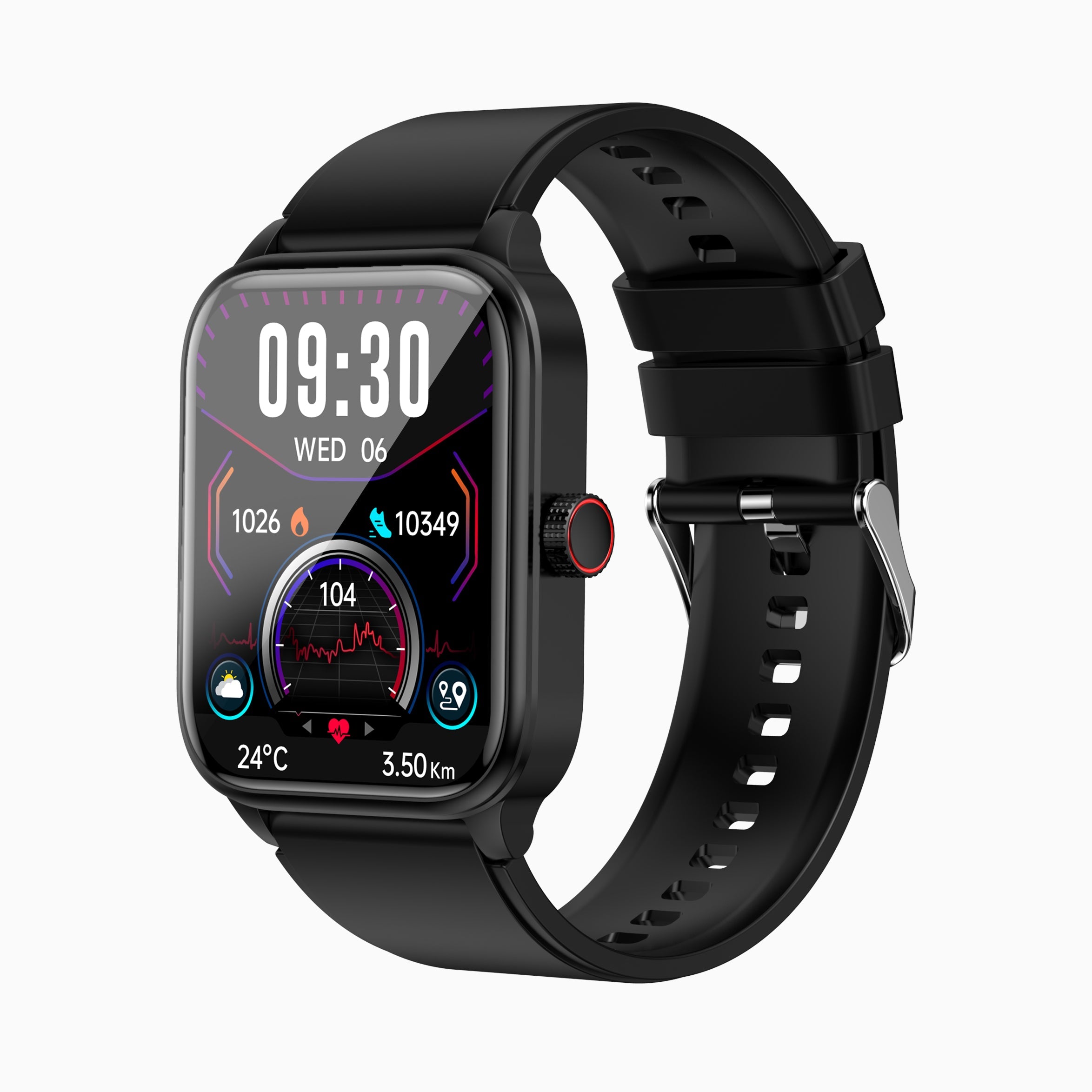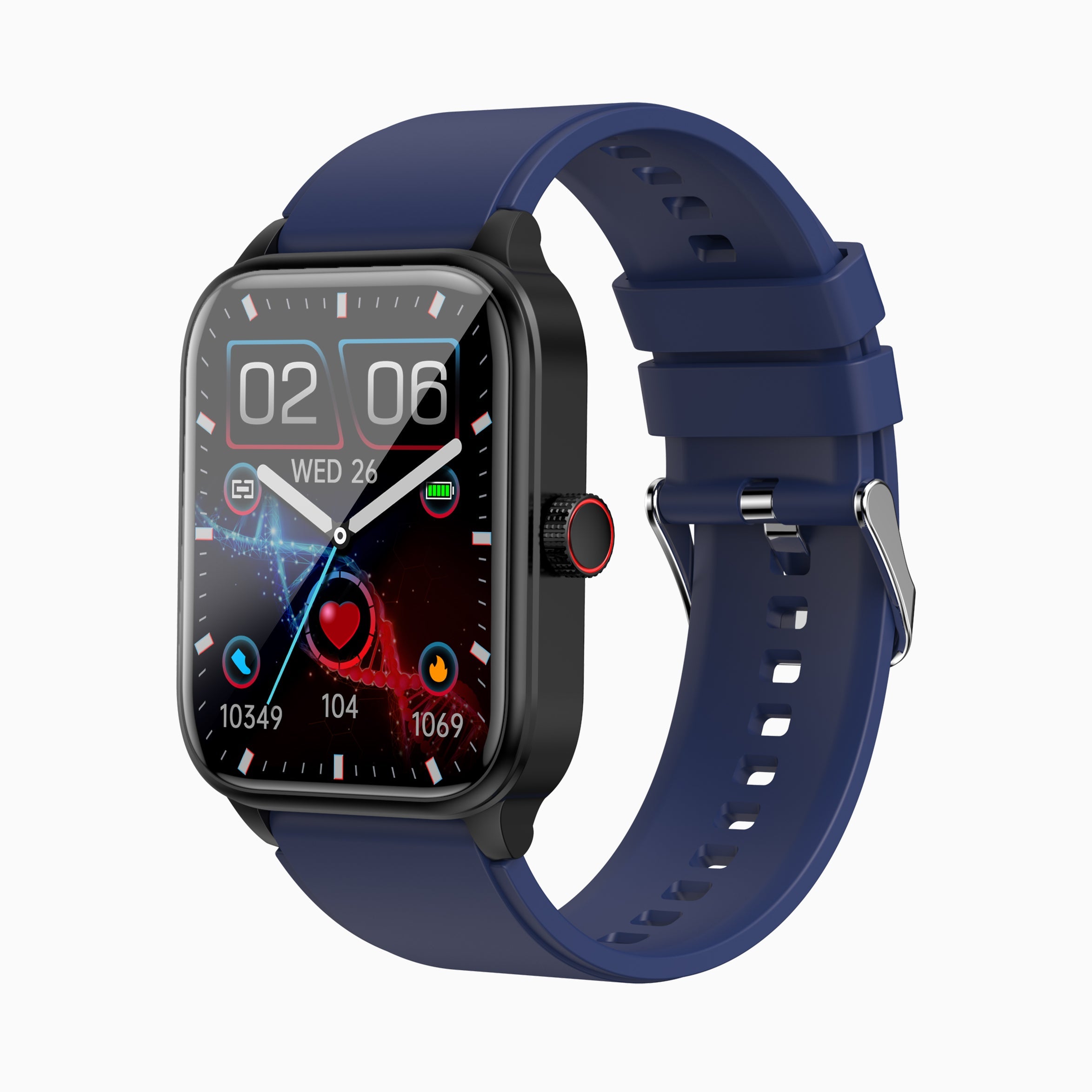Does Cinnamon Lower Blood Sugar
Cinnamon, known for its warm and inviting aroma, has been a subject of fascination due to its potential health benefits. Among these benefits, one of the most debated is its purported ability to lower blood sugar levels. This article aims to explore the scientific evidence supporting or debunking the notion that cinnamon can significantly impact blood glucose levels. We will delve into various research studies to separate fact from fiction.
The Cinnamon Connection
Cinnamon is derived from the bark of trees belonging to the Cinnamomum genus. It is popularly used to flavor both sweet and savory dishes, and its medicinal properties have been explored for centuries. Traditional medicine systems like Ayurveda and Traditional Chinese Medicine have used cinnamon for various health concerns, including diabetes. This has sparked interest in modern scientific research to investigate cinnamon's potential benefits for blood sugar control.
Types of Cinnamon
Before delving into the research, it's important to note that there are two main types of cinnamon commonly available: Ceylon cinnamon (Cinnamomum verum) and cassia cinnamon (Cinnamomum cassia or Cinnamomum aromaticum). Cassia cinnamon is the variety most often found in North America and Europe, while Ceylon cinnamon is more commonly used in Asia. These two types of cinnamon differ in terms of taste, aroma, and, crucially, their levels of coumarin, a natural compound that can be harmful in excessive amounts. Coumarin has the potential to cause liver damage when consumed in large quantities, and cassia cinnamon contains significantly more coumarin than Ceylon cinnamon. Therefore, if you plan to incorporate cinnamon into your diet for blood sugar management, it's advisable to choose Ceylon cinnamon or look for low-coumarin cassia varieties.
The Research on Cinnamon and Blood Sugar
Numerous scientific studies have explored the potential impact of cinnamon on blood sugar levels. However, the results have been mixed, and the consensus remains that cinnamon's effect, if present, is relatively modest. Let's take a closer look at key findings from reputable sources:
-
Improved Insulin Sensitivity: Several studies suggest that cinnamon may enhance insulin sensitivity. Insulin is a crucial hormone for regulating blood sugar levels, and improved sensitivity can result in more efficient insulin utilization, ultimately aiding in blood sugar control. (Source: Anderson RA, et al. "Cinnamon Improves Glucose and Lipids of People with Type 2 Diabetes." Journal of the American College of Nutrition)
-
Reduction in Fasting Blood Sugar: Some research indicates that daily cinnamon consumption can lead to a minor but statistically significant reduction in fasting blood sugar levels among individuals with type 2 diabetes. These reductions typically range from 10-30 mg/dL. (Source: Khan A, et al. "Cinnamon Intake Lowers Fasting Blood Glucose: Meta-Analysis." Journal of Medicinal Food)
-
No Impact on Hemoglobin A1c: Hemoglobin A1c is a crucial long-term indicator of blood sugar control. While fasting blood sugar levels may see slight improvements, there is generally no significant change in Hemoglobin A1c levels with cinnamon consumption. (Source: Allen RW, et al. "Cinnamon Use in Type 2 Diabetes: An Updated Systematic Review and Meta-Analysis." Annals of Family Medicine)
-
Variability in Results: The outcomes of cinnamon studies vary widely, potentially due to differences in cinnamon types, dosages, and individual responses. Therefore, interpretation of results should consider this variability. (Source: Anderson RA, et al. "Cinnamon Improves Glucose and Lipids of People with Type 2 Diabetes." Journal of the American College of Nutrition)
In conclusion, while cinnamon is a flavorful spice with potential health benefits, it should not be viewed as a panacea for blood sugar control. Cinnamon may offer modest advantages, such as improved insulin sensitivity and minor reductions in fasting blood sugar. However, it is crucial to emphasize that cinnamon should complement, not replace, conventional diabetes management strategies, which include dietary choices, exercise, and medications prescribed by healthcare professionals.
Before incorporating cinnamon into your diet for potential blood sugar benefits, it is advisable to consult with a healthcare provider, especially if you have diabetes or are taking medications to manage your blood sugar. They can offer guidance on the appropriate type and dosage of cinnamon to use, ensuring that it is safely integrated into your overall diabetes management plan.
Meet the BP Doctor ECG9 smartwatch—the perfect complement to our discussion of cinnamon’s potential effects on blood sugar levels. This smartwatch provides important functions such as electrocardiogram monitoring, heart rate tracking, blood pressure measurement, non-invasive blood glucose measurement, and more. ECG9 is ready to help you effectively monitor and manage your health.










